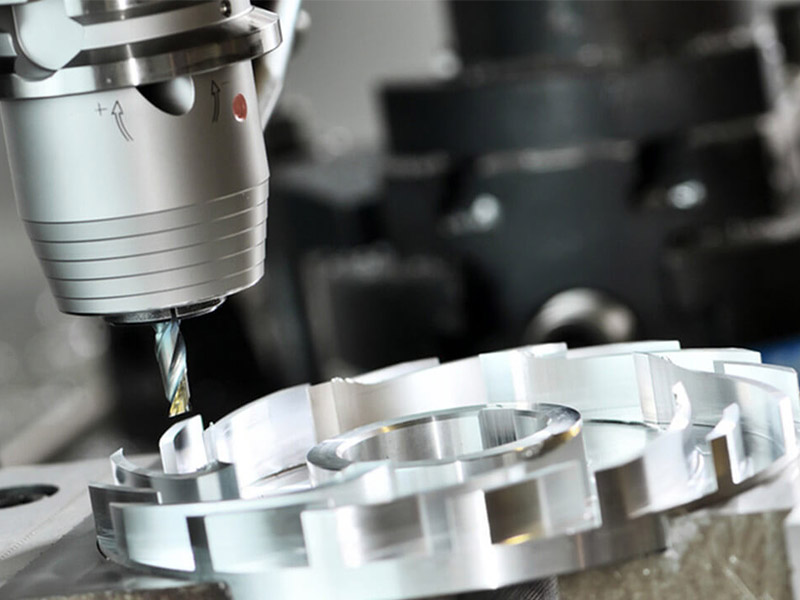CNC-machined machining is among the most transformative technologies in contemporary manufacturing. It has fundamentally changed how companies make components and parts providing a level precision, efficiency and flexibility that’s unmatched by traditional methods. CNC machining uses computerized controls and equipment to accomplish a variety of functions like cutting drilling, milling, and grinding on everything from plastics and metals, to composites and wood. In automatizing the manufacturing process, CNC machining eliminates many of the errors and inconsistencies related to manual operation. This results in a machine which produces high-quality parts more quickly as well as with more consistency, encouraging innovation across industries that range from aerospace to consumer electronics.
One of the most significant benefits of CNC machines is their ability to create complex and intricate parts that are extremely precise. Contrary to manual machining where precision depends largely on the skill of the operator, CNC machines follow programmed guidelines with a high degree of precision. Digital instructions, typically created through CAD (Computer-Aided Design) software, let companies to create parts that have accuracy as close as couple of microns. The level of accuracy is critical in industries such as aerospace and medical device manufacturing, where even the smallest deviation can compromise the safety or performance of the product. By using CNC machining, manufacturers can be sure that their product conforms to exact specifications, which reduces the chance of defects, as well as the requirement for costly repairs.
One of the most significant benefits of CNC machining is its versatility to work with a vast selection of material. It doesn’t matter if manufacturers deal with hard metals like steel and titanium, or with softer materials such as wood or plastic CNC machines can be modified to perform a variety of cutting and shaping tasks. This adaptability makes CNC machining suitable for producing components across a wide range of sectors such as medical devices, aerospace components, to consumer electronics and automotive parts. Its ability to create intricate geometries and high precision has also made CNC machining the go-to method for creating intricate parts that are difficult and even unattainable to manufacture using traditional techniques.

The other major benefit of CNC machining services is its effectiveness. By automating the machining process the manufacturers are able to significantly cut the time it takes for the production of parts, leading to a faster cycle of production as well as less expense. Because CNC machines operate 24/7 with minimal human supervision it is possible to increase production but without degrading the quality. This degree of automation minimizes the risk of human error by ensuring that every part manufactured meets all specifications set out within the electronic layout. In addition, CNC machining allows for “lights-out” manufacturing, where the machines can continue operating even after workers have left increasing productivity and cutting down on labor costs.
As well as efficiency and speed, CNC machining is valued due to its economic efficiency, and especially in large-scale production runs. Once the initial setup and programing of the machine have been completed making additional parts will require minimal input, reducing overall production costs. For manufacturers working with expensive components like aerospace-grade aluminum, CNC cutting down on waste is achieved by optimizing the cutting process, ensuring that each part is made with the least amount of material loss. Precision and efficiency are what makes CNC machine a great choice for prototyping, as well as large-scale manufacturing, since it allows manufacturers to quickly test and refine designs, while keeping production costs manageable.
To sum up, CNC is now an integral part of modern manufacturing owing to its precision performance, efficacy, and broad range of applications. It has transformed the way manufacturing of parts, making it possible the development of intricate designs with an extremely high degree of accuracy. It also reduces costs and production times. Although it is a significant initial investment and the potential benefits in the future, CNC machining make it a useful tool for companies across diverse fields. As technology advances, CNC machining is likely to play a much more important role in shaping the manufacturing future, driving innovation, and helping companies keep up with the demands of an ever-changing world market.

